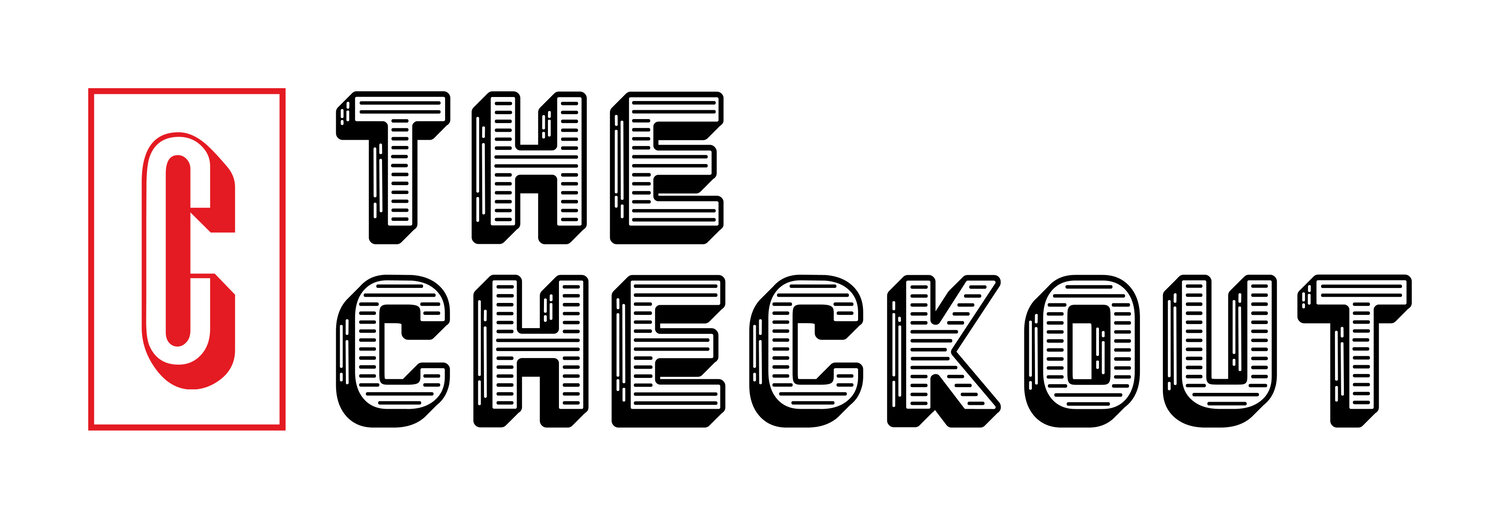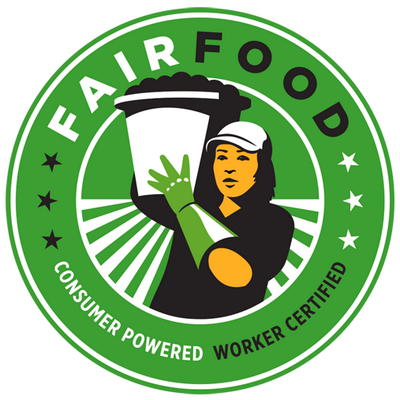Episode 25: Coalition of Immokalee Workers (CIW) and The Fair Food Program
“If you have a lot of purchasing power, you can demand more humane conditions, you can demand compliance with fundamental human rights in your suppliers’ operations, you can improve the lives of millions of people… if you decide to wield that same volume purchasing power for good as opposed to evil.”
“The reasons all these mechanisms work are the market consequences in these agreements with the buyers. If a grower is found out of compliance, the buyer has to suspend purchases. All of this comes together to form an actual enforcement of the rights in the Fair Food Code of Conduct. That’s the power of the purchase order.”
“Whatever they call social responsibility in the food industry has been a joke, a fraud… it is absolutely empty and soulless and unreal. It is everything that has not worked and has been done for public relations purposes for the corporations, not the workers. That all became clear when Covid came down and all these outbreaks came to the press, did any of the Buyers of all that meat step up and say that we can’t allow this to keep happening? Not one.”
From https://ciw-online.org/about/ and https://www.fairfoodprogram.org : The Coalition of Immokalee Workers (CIW) is a worker-based human rights organization internationally recognized for its achievements in fighting human trafficking and gender-based violence at work. The CIW is also recognized for pioneering the design and development of the Worker-driven Social Responsibility paradigm, a worker-led, market-enforced approach to the protection of human rights in corporate supply chains.
Built on a foundation of farmworker community organizing starting in 1993, and reinforced with the creation of a national consumer network since 2000, CIW’s work has steadily grown over more than twenty years.
In 2011, CIW launched the Fair Food Program (FFP), a groundbreaking model for Worker-driven Social Responsibility (WSR) based on a unique partnership among farmworkers, Florida tomato growers, and participating retail buyers, including Subway, Whole Foods, and Walmart. In 2015, the Program expanded into tomatoes in Georgia, South Carolina, North Carolina, Maryland, Virginia and New Jersey, as well as Florida strawberries and peppers.
CIW conducts worker-to-worker education sessions, held on-the-farm and on-the-clock, on the new labor standards set forth in the program’s Fair Food Code of Conduct;
The Fair Food Standards Council, a third-party monitor created to ensure compliance with the FFP, conducts regular audits and carries out ongoing complaint investigation and resolution; and
Participating buyers pay a small Fair Food premium which tomato growers pass on to workers as a line-item bonus on their regular paychecks (Between January 2011 and October 2018, over $30 million in Fair Food premiums were paid into the Program). The FFP standards are enforced through market consequences guaranteed by CIW’s legally binding Fair Food Agreements, in which participating buyers commit to buy Florida tomatoes only from growers in good standing with the FFP, and to cease purchases from growers who have failed to comply with the code of conduct.
The Program has been called “the best workplace-monitoring program” in the US in the New York Times, and “one of the great human rights success stories of our day” in the Washington Post, and has won widespread recognition for its unique effectiveness from a broad spectrum of human rights observers, from the United Nations to the White House.
Follow The Checkout on Facebook - Instagram - Twitter.
Stream The Checkout on Apple Podcasts - Spotify - Stitcher - Google Podcast
Episode #25 Notes
1:00 - Immokalee, FL: Why is there so much food production in this region?
8:45 - How are retail and food chains responsible for the property and abuses in their supply chains and how does your work helping to change this?
14:45 - Fair Food Program - what it is and how it works.
28:00 - Food Buyers and holding power in the food system.
30:40 - How has COVID affected farm workers in Immokalee?
50:30 - How do we help support and protect farm workers outside of Immokkalee?
58:15 - COVID, labor, and meat processing issues.
1:00:15 - What is the future of food systems in the eyes of CIW?
1:14:00 - Book and music recommendations?
I Am Not a Tractor, Susan L. Marquis
Tomatoland, Barry Estabrook
Factories in the Field, Carey McWilliams
Food Chains, Sanjay Rawal
Nobodies, John Bowe

